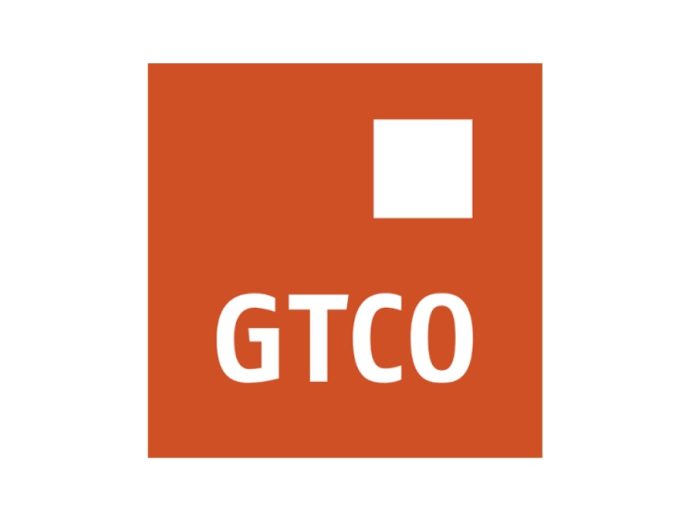KEY POINTS
- GTCO’s Q3 profit before tax rose 39 percent year-on-year.
- Nine-month PBT hit N900.8 billion, driven by core income.
- Total assets climbed to N16.7 trillion by September 2025.
Guaranty Trust Holding Company Plc (GTCO) said that its profit before tax (PBT) rose 39 percent from the same time last year to N299.9 billion in the third quarter of 2025.
This shows that the company is still making a lot of money despite problems in the market.
The lender’s unaudited financial statement issued with the Nigerian Exchange Group (NGX) and the London Stock Exchange (LSE) says that gross earnings rose 15.5 percent to N532 billion, up from N461 billion in Q3 2024.
GTCO Q3 profit before tax reflects strong fundamentals
For the nine months ending September 30, 2025, GTCO made N900.8 billion in PBT, thanks to strong growth in interest income (up 25.6 percent) and fee income (up 16.8 percent) over the same time last year.
The company noted that its core earnings helped narrow the 26 percent year-on-year dip in PBT a reflection of the non-recurrence of N523.2 billion fair value gains booked in Q3 2024.
GTCO said total assets reached N16.7 trillion, while shareholders’ funds closed at N3.3 trillion. The Capital Adequacy Ratio (CAR) was 36.5 percent, and the quality of its assets got better as IFRS 9 Stage 3 loans dropped to 3.3 percent (Bank) and 4.4 percent (Group) from 3.5 percent and 5.2 percent, respectively, in December 2024.
The Cost of Risk (COR) went dropped from 4.9 percent at the end of previous year to 2.2% now.
Loans and deposits post double-digit growth
GTCO’s loan book grew from N2.79 trillion in December 2024 to N3.24 trillion, a 16.5 percent increase.
The amount of money that customers had to deposit climbed by 16 percent to N12.06 trillion, showing that customers were confident and that the bank had a lot of money on hand.
Group CEO Segun Agbaje said the results demonstrated “the consistency and resilience” of the business model.
“We are seeing steady, sustainable growth across our banking and non-banking businesses, supported by disciplined execution and a strong focus on operational efficiency,” he said.



